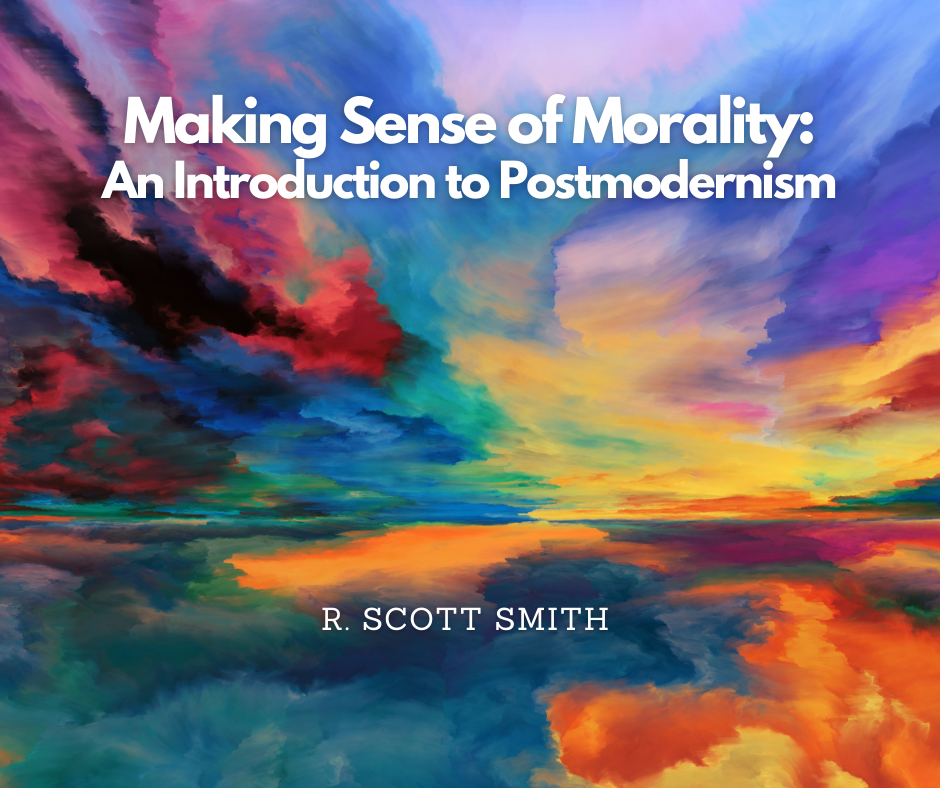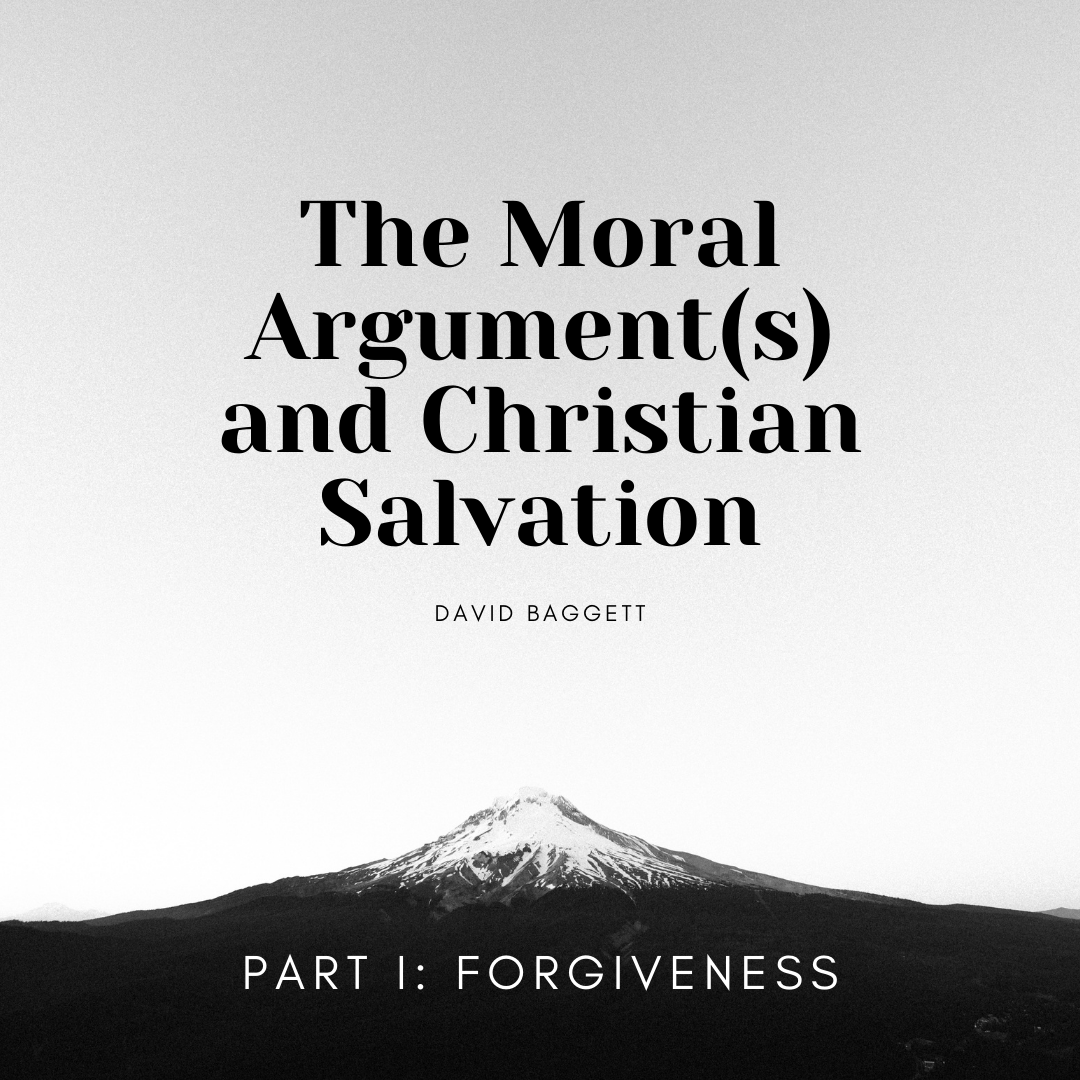Poems for Passion Week: Perspectives and Choices
/The Denial of Saint Peter, an oil-on-canvas painting by Gerard Seghers, dating to around 1620–1625 and now held by the North Carolina Museum of Art.
The poems below represent various responses by several of those who were a part of the drama of Passion Week. Some were involved through long association, others seemingly by accident, but all by God’s design. We have a range of responses: jaded cynicism, desperate guilt, cool hypocrisy, stubborn self-will, perplexed or abashed enlightenment. All of the speakers’ lives have been profoundly changed by their encounter with Jesus, but whether for good or ill is being determined by their own choices. And as we overhear their thoughts, we find that we, too, are challenged to examine our responses to the suffering Christ, and this process is reflected in the last poem of the set, “The Final Step.”
COCK-CROWING
("And the Lord turned and looked at Peter. And Peter remembered the Lord's words . . . ." Luke 22.61
Grey dawn
Gone,
But day
Still waits.
Cock-crowing
Flowing
Flashing
Tearing
Through anguished heart.
Part
Of me
Is dead--
The thread
Of boasting, knowing,
Throwing words about
Is snapped,
And dangling ends ensnare the dawn.
Dark my heart since dawn
And dark the curtain drawn
Across my soul
By fear which stole
My light away.
But day must come.
The One who prophesied the broken thread
And gazed on new-made shreds
Can knit my soul and turn
Cock's call to Light indeed.
It needs my Master's face
To make cock-crowing
Both breaking
And making
Of dawn's first rays.
A MATTER OF CONSCIENCE
(Matt. 27:1-10)
They were exceedingly careful
In handling blood-money;
They picked it up gingerly,
And debated what,
In conscience,
Could be done
With the price of another man's life.
They provided
For the burial of the poor
With the rejected silver,
Then busily turned
To the murder
Of the man it had bought.
SON OF PERDITION
(Matt. 27:3-5)
Did all the powers conspire
To make me plant that kiss?
And why did what He sowed among the Twelve
Bear bitter fruit in me alone?
I was called and sanctified
And given power to exorcise—
Even held the purse for all the rest.
He alone could see the secret fires
That burned my soul away,
And yet He left me to my course
And urged me from His presence
In the Upper Room.
My doom is His to bear as well;
This day we meet in hell.
He let himself be killed,
Poured out the ointment
Meant as alms for all,
While I, at least, have
Dared to test my worth
And act my will.
Even now,
When emptiness engulfs me,
I cannot be still
Beneath the scourge of God;
I shall die on a tree
Of my own devising.
PILATE'S QUANDARY
(John 19:4-16; Matt. 27:24)
The gods lurk everywhere,
Even, perhaps,
In this wretched Nazarene!
How can I judge the judgment
Of this world
On one whose very presence
Scorns the power of death?
The breath of other-worldly royalty
Stirs upon his lips
And blows my threats away.
The people shout for blood
And wait upon my word.
Their guilt is greater--
So he said--
But mine is great enough,
And leaves no room
For subtle sophistry.
If "truth" has brought him here,
Then "truth" will have to save him--
But not through me.
Long ago I banked the fire of truth
That I might not be consumed.
The open flame is in his eyes,
And brooks no compromise.
I turn my face
And call for a basin
Of lukewarm water.
Simon of Cyrene Takes the Cross
(Luke 23:26)
But I was only looking on!
No lover of this miserable Nazarene,
Who pushed his truth too far
And tempted power to kill.
The cross he bears
Is self-inflicted shame and pain.
I have no part in this
Except conscripted brawn!
--Heavier than it looks;
A burden more than wood.
Amazing
That he bore the thing this far,
And carries still
A weight He cannot share.
Nicodemus, Post Mortem
(John 3:1-21; 7:45-52; 19:38-42)
His words are done, and now He rests,
A fragrant corpse in a rich man's tomb.
Lifted up, indeed—but are we healed?
The night He chided me for darkened mind
Is not behind me yet,
For this death no more
Than second birth I grasp.
How can earth receive
A body so unlike itself?
Not spice nor worthy grave
Can honor Him, nor rescue us,
But only words of life I heard
When cowardly I went by night.
No words now—but pregnant death!
That brings us to the womb again
And begs our souls to breathe anew
The air His Spirit stirred!
Both birth and death are buried now
In the Word that does not die.
Touching Thomas
(John 20:1-29)
Why should I have touched His wounds,
Who asked a measure more than those
Who only saw, and made His peace their joy?
Still others, seeing not, will have His touch.
And I, who walked with Him and shared
A thousand days of common ground,
But ran away when He was taken off
To bear the wounds I now have touched--
These wretched hands have felt the anguish of
The wounds He took for me.
Little did I know that what I asked
Was sharing in His pain.
Yet in his love for me, He let
My probing hands renew the desecrating
Thrust of nails and spear;
And now I know that all along
His sufferance of our selfish, grasping fingers,
Seeking only fleshly touch,
Was of a piece with baring all His wounds.
How far He had to reach
To let me touch His side!
THE FINAL STEP
(Mark 14: 32-42)
I have slept in Gethsemane,
Lacking the sense
Of immanent pain
My Master bears.
His sorrow
Has been my pillow,
And I have slumbered
In the shadow
Of a dying God.
Because I cannot look upon
The final step that Love must walk,
He kneels alone,
And trembling
Takes the proffered cup
For Him and me.
"Wake up!" He says;
"Though you could not watch with me—
Though you could not
Embrace my task—
I have met my fear alone,
To seal the bonds of brotherhood,
That we might live at one."
Dr. Elton Higgs was a faculty member in the English department of the University of Michigan-Dearborn from 1965-2001. Having retired from UM-D as Prof. of English in 2001, he now lives with his wife in Jackson, MI. He has published scholarly articles on Chaucer, Langland, the Pearl Poet, Shakespeare, and Milton. Recently, Dr. Higgs has self-published a collection of his poetry called Probing Eyes: Poems of a Lifetime, 1959-2019, as well as a book inspired by The Screwtape Letters, called The Ichabod Letters, available as an e-book from Moral Apologetics. (Ed.: Dr. Higgs was the most important mentor during undergrad for the creator of this website, and his influence was inestimable.

































































